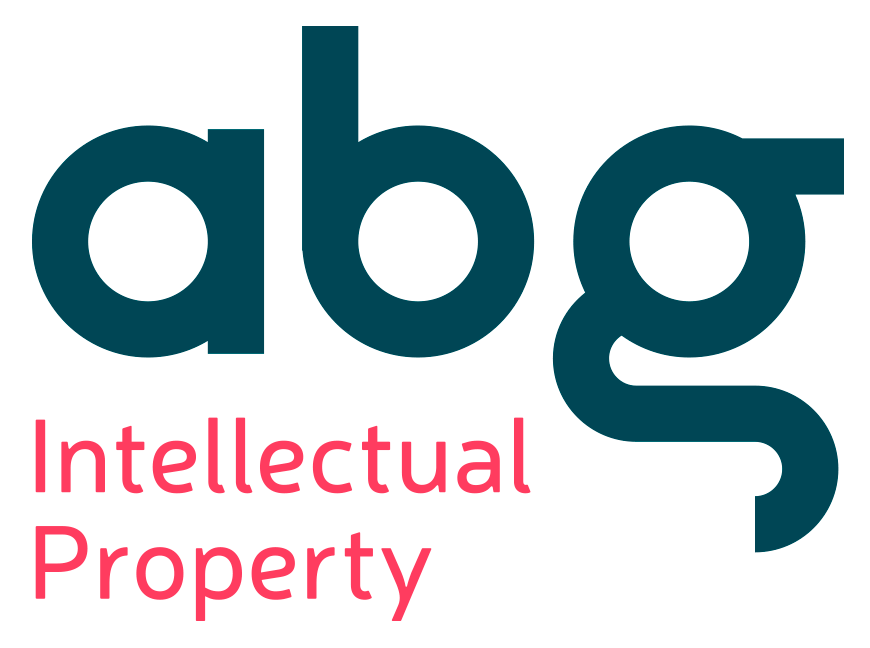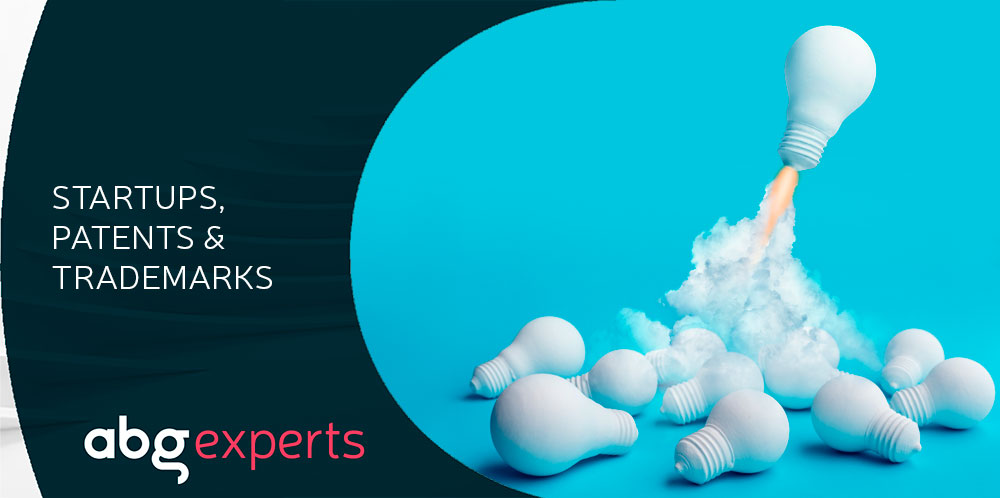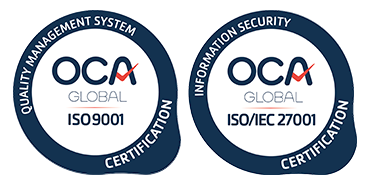In recent days we have learned about a study jointly prepared by the European Patent Office (EPO) and the European Intellectual Property Office (EUIPO) that has focused on the relationship between industrial property rights and the chances of success of startups. More specifically, the analysis sought to assess whether startups that apply for patents and trademarks are more likely to secure funding and ultimately reach their goal, which is understood as being acquired by another company or achieving an IPO.
The main conclusion has left a powerful headline that has circulated in the press in recent days:
“startups with patents and trademarks are 10 times more likely to secure funding”
Without a doubt, the statement is powerful and striking, but the rest of the study reveals many other interesting insights for those of us in the intellectual property community that the media have failed to notice. This article revolves around those ideas.
What is in it for startups to apply for patents and trademarks?
Patents and trademarks are what they are: intellectual property rights. The advantages of applying for and of being holders of either one of them do not differ, therefore, from those obtained by any other company that is not a startup. Such advantages include, to name but a few:
- The possibility to prevent the use by third parties and thus the possibility to exploit one’s own innovative ideas on an exclusive basis (as long as no dependent rights are involved).
- The possibility of leveraging its economic value in negotiation contexts, such as collaborations and licensing agreements.
However, in a situation of high uncertainty, these advantages take on a new dimension, especially in terms of securing funding.
How do investors perceive that a startup has applied for patents and/or trademarks?
The model on which the joint EPO/EUIPO study is based essentially works as follows: a venture capital fund invests in a startup, with the ultimate goal of obtaining a high return when the company is sold to a third party or goes public, after developing the product or service for which it was created and scaling it up.
This script is much more common in the United States than in Europe, but the European startup ecosystem has grown exponentially in recent years. However, there are enormous inequalities between Member countries of the European Patent Organisation. To get an idea, the UK (+81K), the Netherlands (+33K), Germany (+30K) and France (+29K) are at the top of the list in terms of total number of startups created in the last 20 years, but there are at least twelve countries on the list whose total number of startups created in the last two decades is less than 1,000. In Spain, the data reflected in the study is 21,090 startups in total.
Be that as it may, the study tries to clarify how venture capital funds are influenced by the fact that a startup has applied for patents and/or trademarks when making an investment. Previous research suggests that the fact that a startup tries to protect its intangible assets is a sign of credibility for investors, who interpret this step as a sign of confidence in the future of the project and seriousness in the management of the company. This is particularly true when the startup owns different types of industrial property, as this denotes a degree of sophistication and accentuates the aforementioned perception of seriousness.
From a more pragmatic point of view, investors also understand that patent and trademark applications turn these intangible assets into bargaining chips and useful tools in a negotiation related not only to funding, but also in establishing advantageous agreements with suppliers or licensing agreements, and even cross-licensing agreements with competitors in the case of dependent rights.
Last but not least, the study points out a not unlikely scenario in a highly uncertain startup environment: that the project does not succeed and ends in bankruptcy. In such circumstances, intangible assets can be sold and part of the invested capital can be recovered. The document notes that in the US, the sale of failed startup patents and trademarks occurs in 70% of cases.
When is it most advantageous for a startup to apply for patents and trademarks?
The stages in the life of a startup can be divided into:
- Seed: in this stage, funding comes from private sources or from the founders themselves.
- Early-stage (Series A and B): in this stage, investment comes from venture capital funds or private equity investments. At this point, the investment required is considerably higher than in the previous stage, as the aim is to scale up a product or service that has already been defined and to achieve sustainable growth.
- Late-stage (Series C, D, E, etc.): here the risk has already been greatly reduced and funds are necessary for expansion.
According to studies prior to this one presented by the EPO and the EUIPO, the role of intellectual property rights is more important in the early stages of creation of startups (seed and early-stage), which is when investors have less information through other means about the future of the project.

That is precisely what the previous graph reflects, which is what supports the statement of the aforementioned headline that has been repeated in the press. Basically, those startups that have both patent and trademark applications in their early stage are 10.2% more likely to secure funding.
The study data shows that the number of startups applying for patents increases from 10% in the seed stage to 28% in the early-stage; and in the last stage, 44% of startups have applied for a patent. Those startups that apply for patents (without applying for trademarks) at the seed or early stage are 3 to 6 times more likely to secure funding.
In terms of trademarks, applications from startups grow from 28% in the seed stage to 53% in the early-stage, reaching 72% in the late-stage. The study’s analysis concludes that startups that have applied for trademarks (and not patents) in the seed or early-stage are between 2.5 and 4.3 times more likely to secure funding.
Another conclusion of the study is that those startups that have applied for both patents and trademarks at the seed stage are the ones that receive the most funding: more than €900,000.
Do startups apply for patents and/or trademarks?
Regardless of country and stage of development, of all European startups assessed, 29% have applied for a trademark or patent; as expected, more start-ups have applied for trademarks (27%), but on average, 6% of all startups have applied for a patent.
In Spain, both indicators are below the European average and out of a total of 21,090 startups, 21% of them have applied for a trademark and 4% have applied for a patent (either national or European).
In which sectors?
By sector, the biotech sector is the most intensive user of patents and trademarks, with almost one in two startups having applied for one or both of these IP rights. The same sector is the most likely to apply for patents, and the health sector and the manufacturing sector being the most likely to apply for patents in general and European patents in particular. They are followed by artificial intelligence, which ranks surprisingly high considering that it is an emerging technology.
What kind of trademarks and patents are startups applying for?
The potential for expansion carries over into the field of intellectual property in opting for regional applications over purely national protection. According to the study, startups that apply for IP rights at the European level have a higher chance of securing funding; in particular, the rate of securing early-stage funding is five times higher than those that have applied for national IP rights (6.1 times more likely in the case of trademarks and 5.3 times more likely in the case of patents).
Conclusions
In the startup ecosystem, patent and trademark applications are an important tool not only to protect innovative ideas, but also to support and increase their chances of success for the project.
Investors interpret an early application for protection as a sign of seriousness and soundness of the project. In addition, the filing of an application increases the value of intangible assets for possible negotiations with both suppliers and competitors in the ecosystem.
The outlay behind the drafting and filing of a patent or trademark, therefore, especially in the case of startups, should be understood as an investment that increases the chances of success of the project by up to 10 times if the application is filed in the early stages. The evidence analysed in the study shows that applying for patents, and even more so if they are European patents, translates into a higher likelihood of securing funding to support the success of startups. Likewise, the better the drafting of the patent text, the greater the chances of a positive outcome at the patent office, and thus of a patent being granted, which will ultimately increase investor interest significantly.











